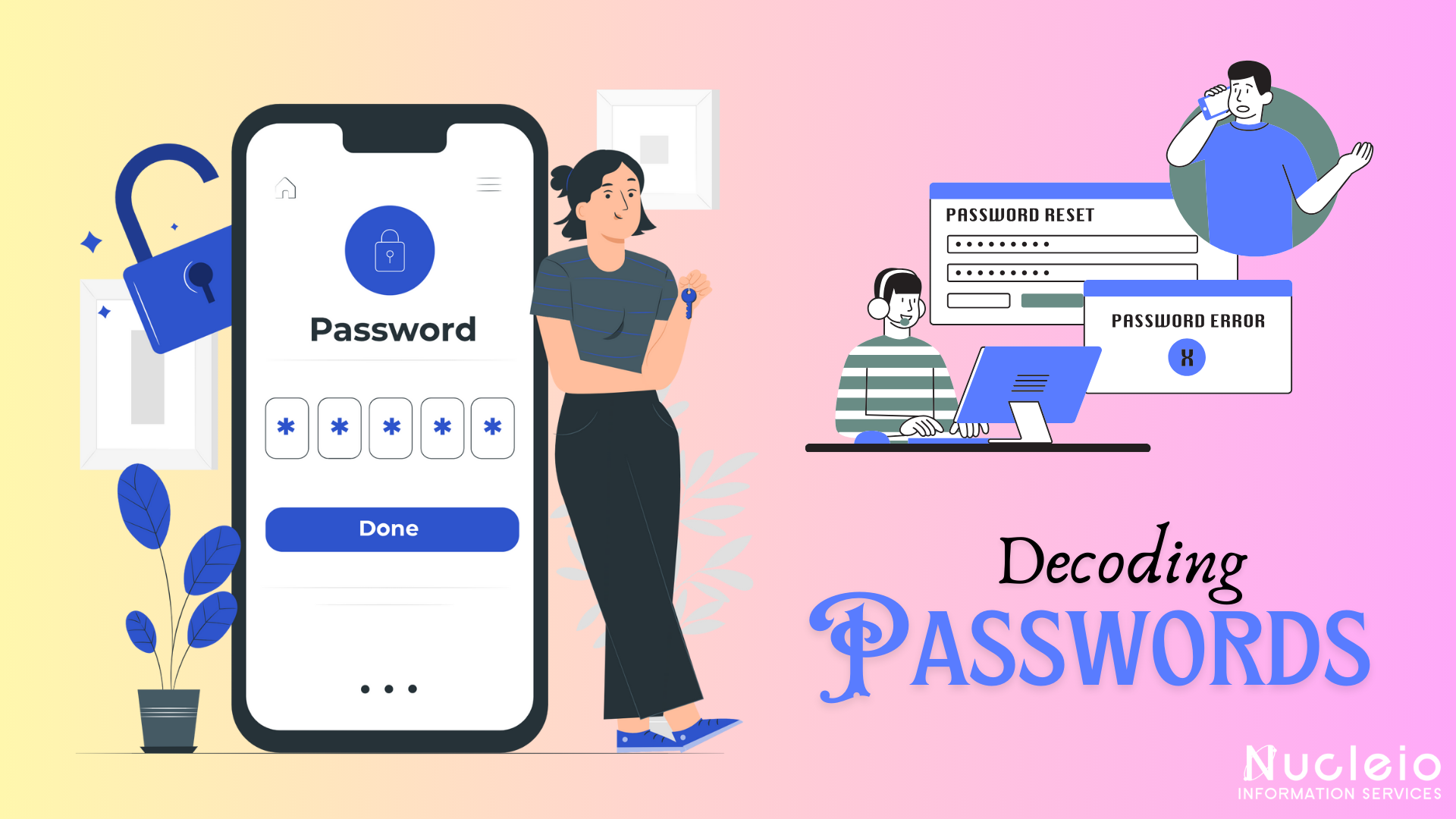In today’s digital age, passwords are the keys to our online lives. They protect our sensitive information, secure our accounts, and ensure our privacy in the vast landscape of the internet. Yet, despite their importance, passwords often remain one of the most overlooked aspects of cybersecurity. In this blog post, we embark on a journey to explore the intricacies of passwords, unraveling their significance in the modern world of technology.
The Anatomy of a Password
At its core, a password is a string of characters that grants access to a specific account or resource. Traditionally, passwords have been composed of letters, numbers, and symbols, creating a unique combination that ideally only the account holder knows. However, the effectiveness of a password hinges not only on its complexity but also on its uniqueness. Reusing passwords across multiple accounts exposes users to significant security risks, as a breach in one service could compromise all others.
Balancing Security and Convenience
The perpetual challenge in password management lies in striking a balance between security and convenience. On one hand, complex passwords with a multitude of characters provide robust protection against brute-force attacks and hacking attempts. On the other hand, overly complex passwords can be difficult to remember, leading users to resort to insecure practices such as writing them down or storing them in easily accessible digital files.
Commonly Used Passwords to Avoid
In the realm of cybersecurity, certain passwords are alarmingly common and should be avoided at all costs due to their predictability and vulnerability to hacking attempts. Some of these commonly used passwords include:
- 123456: This sequence of numbers is one of the most commonly used passwords and is extremely easy for hackers to guess.
- password: Using the word “password” itself as a password is a common practice that leaves accounts vulnerable to exploitation.
- qwerty: This password consists of consecutive letters on the keyboard and is easily guessed by attackers.
- abc123: A combination of letters and numbers in a predictable pattern, making it a weak choice for password security.
- letmein: While intended to convey a desire for access, this password is overly simplistic and easily cracked.
- admin: Many default accounts or system administrator accounts have this as the default password, making it a common target for attackers.
- iloveyou: Though heartfelt, this password is not secure and should be avoided due to its widespread use.
- password123: Simply adding numbers to the end of “password” does not significantly increase security and remains a weak choice.
- welcome: Often used as a default password for new accounts, making it an easy target for attackers.
- 123456789: A variation of the widely used “123456” password, this sequence of numbers is also highly vulnerable to brute-force attacks.
Using any of these passwords—or any easily guessable password—poses a significant security risk. It’s crucial to choose strong, unique passwords that are difficult for attackers to guess or brute-force. Additionally, utilizing password managers to generate and store complex passwords can greatly enhance security and protect against common password-related vulnerabilities.
The Rise of Password Managers
Enter password managers, the unsung heroes of modern cybersecurity. Password managers offer a solution to the dilemma of password complexity versus memorability by securely storing all passwords in an encrypted vault. With the help of a master password or biometric authentication, users can access their entire password library across devices, eliminating the need to memorize multiple complex passwords.
The Evolution of Authentication
While passwords have long been the primary method of authentication, technological advancements have paved the way for alternative authentication methods. Biometric authentication, such as fingerprint scanning and facial recognition, offers a seamless and secure way to verify identity without the need for passwords. Additionally, two-factor authentication (2FA) and multi-factor authentication (MFA) add an extra layer of security by requiring users to provide multiple forms of verification before granting access.
Looking Ahead
As we navigate an increasingly interconnected digital landscape, the importance of robust password security cannot be overstated. From safeguarding personal accounts to protecting sensitive corporate data, passwords serve as the first line of defense against cyber threats. By embracing password best practices, leveraging password managers, and adopting innovative authentication methods, we can fortify our online defenses and ensure a safer digital future for all.
Conclusion
Passwords are more than just strings of characters—they are the guardians of our digital identities. By understanding the significance of passwords and implementing effective password management strategies, we can unlock a world of security and convenience in the vast expanse of cyberspace.

